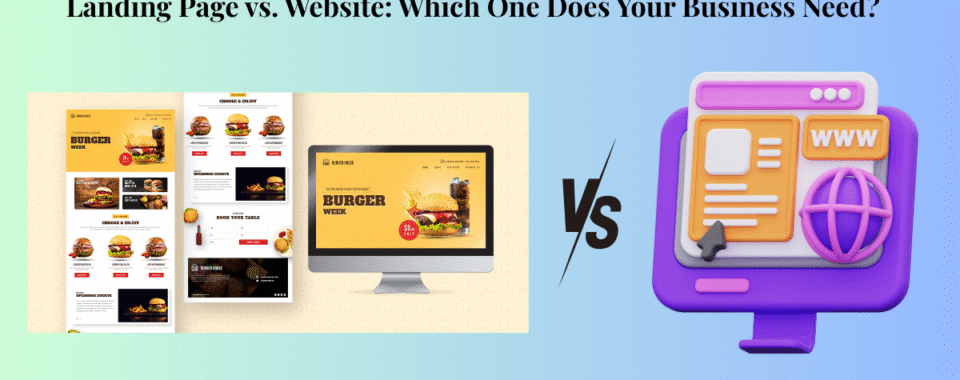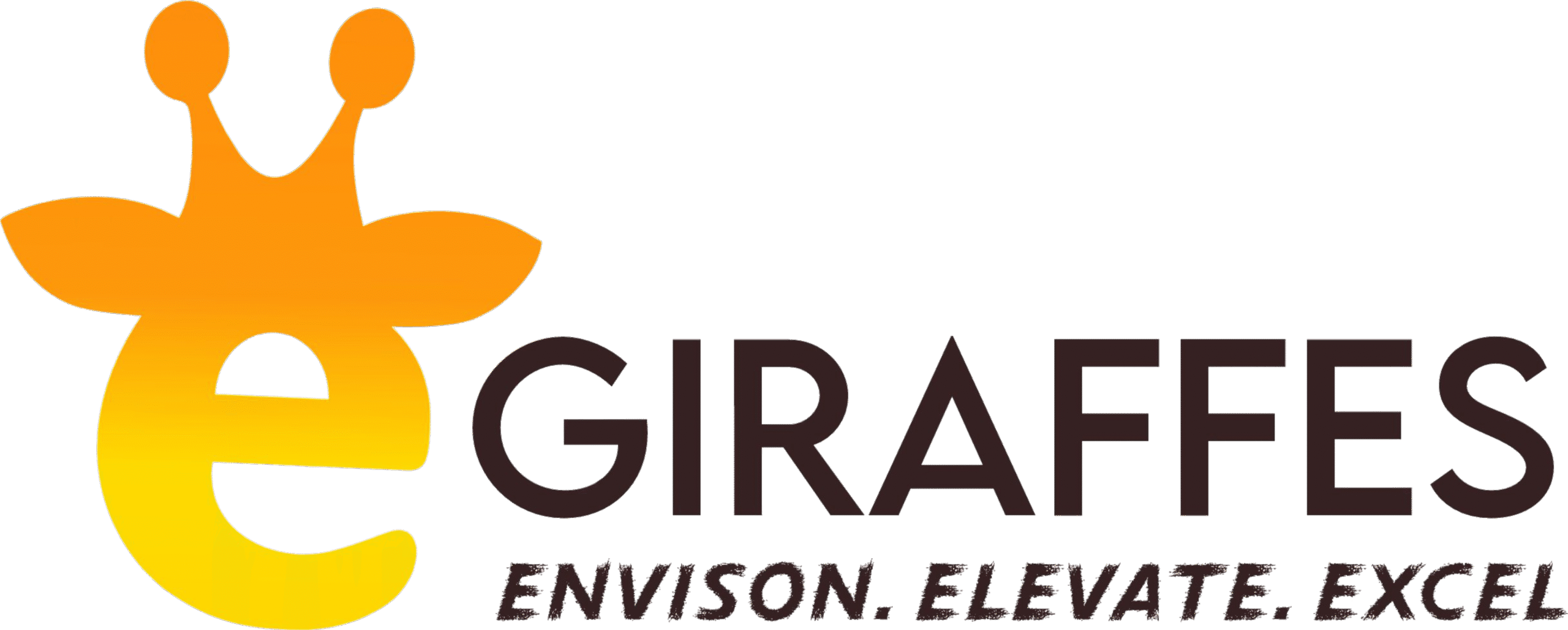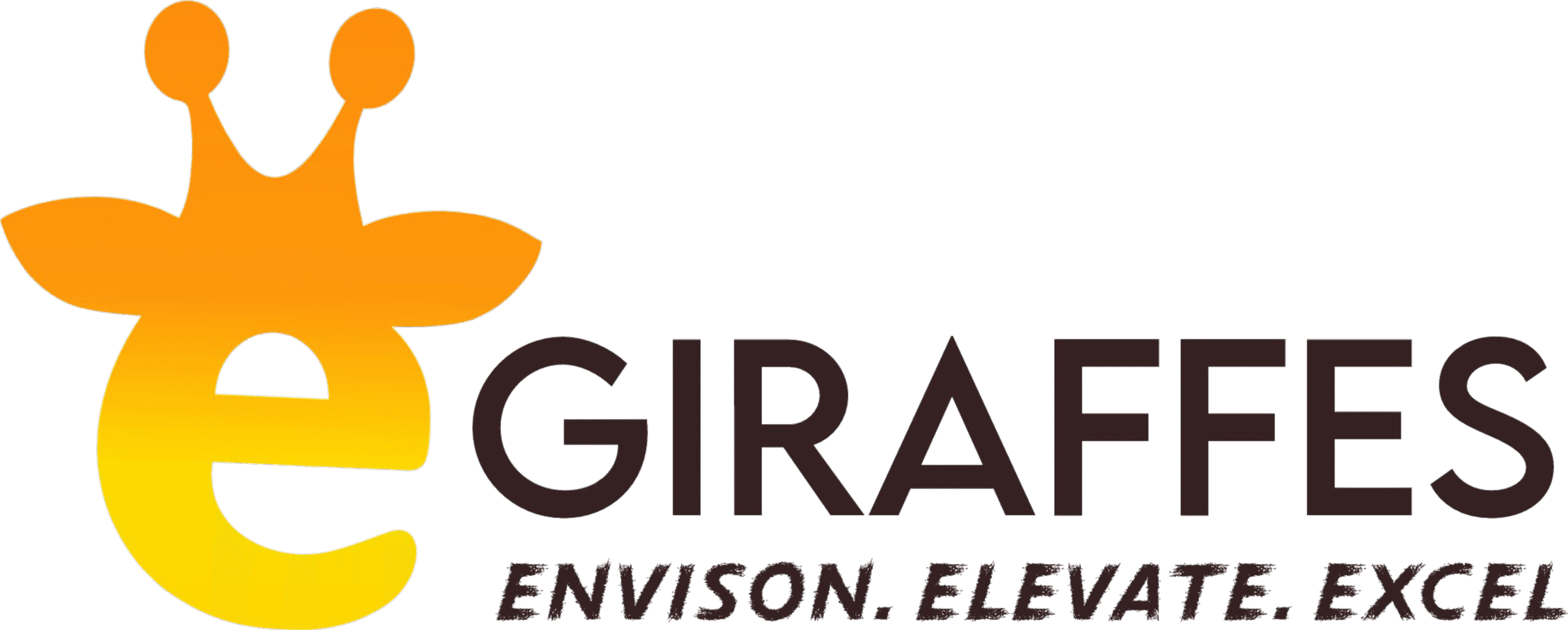
What’s Better for Your Business: A Landing Page or a Website?
Let’s be real—figuring out whether your business needs a landing page or a full website can feel a bit like choosing between coffee or tea in the morning. Both are great in their own way, but the one you pick depends entirely on what you’re trying to get done.
In today’s world, where people Google everything before they even step out the door, having a strong online presence isn’t just “nice to have.” It’s non-negotiable. So if you’re launching something new, trying to grow your brand, or just exploring how digital can work harder for you, this post is your guide to understanding whether you need a landing page, a website, or maybe even both.
What Exactly Is a Landing Page?
Imagine this: You click on an ad for a limited-time discount on organic skincare. The page you land on talks about that exact offer—no menu, no sidebar, no other product pages. Just you, the message, and a big shiny “Buy Now” or “Get 20% Off” button. That, my friend, is a landing page.
A landing page is a one-page destination built for a specific purpose. Usually, it’s tied to a marketing campaign, product launch, or event, and it’s laser-focused on getting visitors to take one action—whether that’s signing up, buying something, downloading an ebook, or registering for a webinar.
Key Features of a Landing Page:
- Super clean layout with no unnecessary links or menus
- A single, clear Call to Action (CTA)
- Emotional copy, testimonials, and maybe a time-limited offer
- Built purely to convert visitors into leads or customers
When Should You Use a Landing Page?
Landing pages are your best bet when:
- You’re running a paid ad campaign on Google, Facebook, Instagram, etc.
- You have a limited-time offer, flash sale, or product launch
- You’re collecting emails for a newsletter or freebie
- You’re doing A/B testing to see which headlines or designs perform better
- You’re promoting a webinar, online course, or special event
What About a Full-Fledged Website?
A website is your brand’s digital home. It’s got rooms for everything—your services, your team, your story, your blog, contact info, and more. It’s where people come to really get to know your business.
Think of it as the long-term relationship compared to the quick date that is a landing page.
Key Features of a Website:
- Multiple pages (Home, About, Services, Blog, Contact, etc.)
- SEO-friendly, so it can rank on Google
- Great for content marketing and building long-term authority
- Allows for organic traffic and ongoing engagement
- Makes your brand look credible and established
When Do You Need a Website?
Choose a full website if:
- You want to create a lasting digital presence
- You’re aiming for organic growth through SEO
- You offer multiple services or products that need space to explain
- You’re planning to scale your business in the long run
- You want users to browse, learn, and build trust before converting
Landing Page vs. Website: Quick Comparison
Here’s a little side-by-side for clarity:
| Feature | Landing Page | Website |
| Purpose | One goal (leads, sales, sign-ups) | Multiple goals (branding, SEO, content) |
| Structure | Single page | Multi-page |
| Navigation | Minimal | Full menu |
| SEO Potential | Limited | Strong |
| Launch Time | Quick (1–3 days) | Takes longer (1–3 weeks) |
| Budget | Lower cost | Higher investment |
| Best For | Campaigns, ads, events | Long-term growth, SEO, credibility |
Which One Should You Choose?
This is where it gets personal. Your choice depends entirely on your current business goals.
Go with a Landing Page if:
- You need quick results and don’t want to wait weeks for traffic
- You’re testing a new offer or campaign
- You want to collect leads without a big investment
- SEO isn’t your focus right now
Choose a Website if:
- You’re building a brand or rebranding
- You want to grow with organic traffic over time
- You offer multiple services or products
- You need to showcase your credibility and build trust
What If You Need Both?
You don’t have to pick one or the other. You can absolutely have both, and in fact, that might be the smartest route.
How it works:
- Your website serves as your brand hub—building authority, ranking on search, showcasing your services.
- Your landing pages are like sprinters—focused, fast, and made to capture leads or sales from paid campaigns.
If you’ve got the best web design company in Pune in your corner, they’ll make sure your website and landing pages match your brand and strategy seamlessly.
Real-World Example: Using Both
Let’s say you’re a dental clinic in Pune launching a new teeth-whitening package.
Without a landing page: You run Facebook ads, and users land on your homepage. There’s too much going on—services, testimonials, blog posts, clinic info. The potential customer gets lost and clicks away.
With a landing page: Your ad sends people to a clean, distraction-free page that talks only about the whitening package, complete with before/after photos, benefits, pricing, and a single “Book Your Slot” button. Conversions go way up.
Meanwhile, your main website handles organic traffic, provides info on your other treatments, and builds your online authority.
Common Mistakes to Avoid
- Using a landing page when you really need a full website
- Expecting SEO traffic from a one-page campaign
- Overloading your homepage with too many CTAs
- Ignoring mobile optimization
- Trying to DIY without solid UX/UI knowledge
Final Takeaway
Whether you’re going for a high-impact campaign or laying the foundation for long-term success, the right digital presence matters. If you want to launch something fast, test an idea, or run ads—start with a landing page.
If you’re building a serious brand that sticks around—invest in a website.










